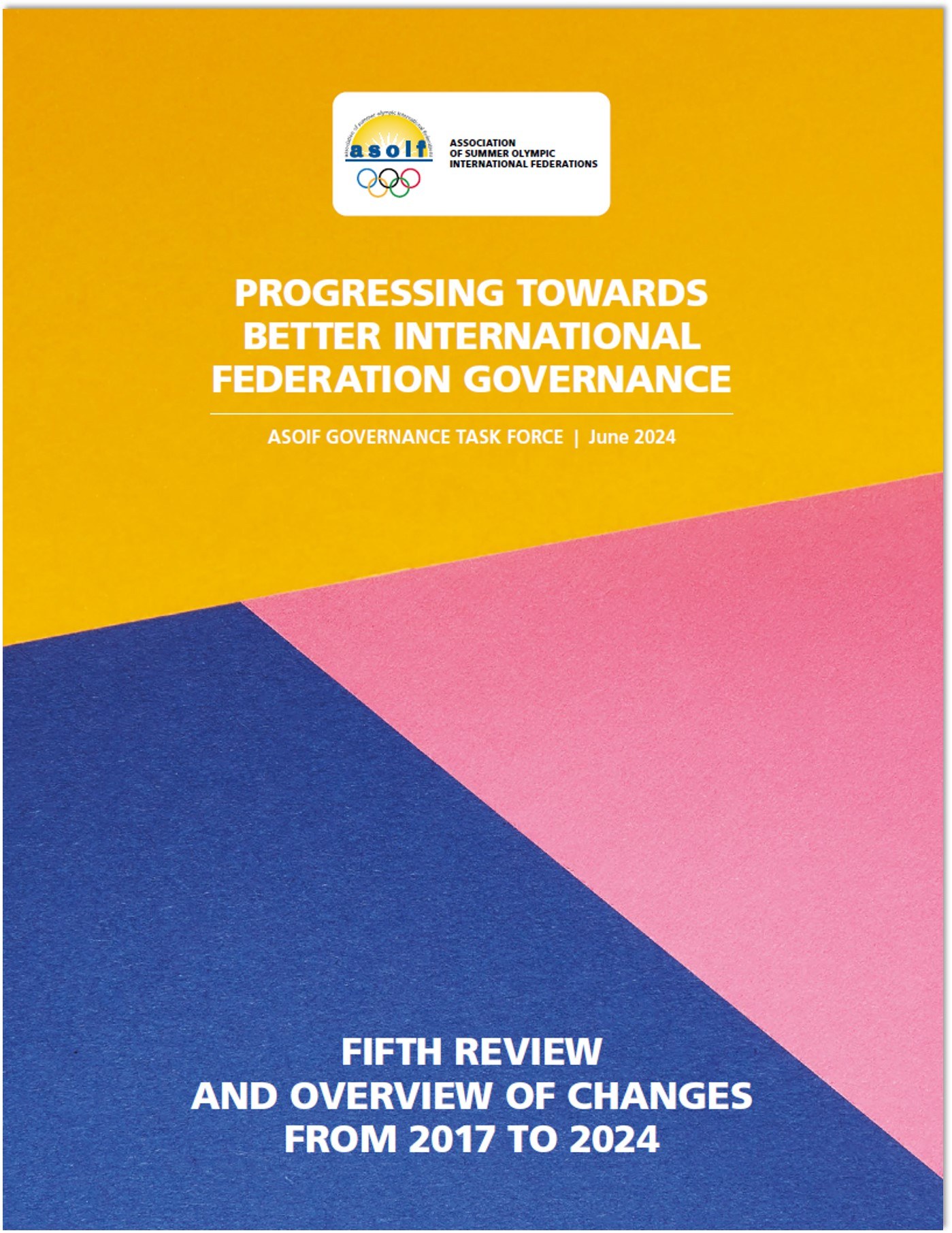A European Parliament Sport Intergroup meeting on 29 September focused on ethics and governance in major sports events. It’s an encouraging sign that the EU is showing commitment to sports governance, albeit warily, and sports bodies should take note.
Entitled “Ethics, governance and sport: criteria for the allocation of international sporting events”, the meeting drew together speakers from the EU, sports federations and human rights bodies. Co-chairs Santiago Fisas and Marc Tarabella commented pointedly on a late cancellation by a representative from FIFA.
Jonathan Hill, Head of Cabinet for EU Commissioner Tibor Navracsics, gave an overview of some of the ways in which the EU impacts on sport, despite lacking the authority (known as “competence”) to legislate. In particular, commercial aspects of sport have regularly come into contact with single market regulations and competition law over a period of years.
He argued that poor governance in sport often affects the commercial aspects, drawing EU attention. An Expert Group on Good Governance, which published “Principles of Good Governance in Sport” in 2013, is in the process of putting together a code of conduct on major events.
Aware of the risk of negative perceptions if the is EU seen to interfere in sport, Hill spoke of a commitment to work collaboratively work with member states and the sports movement. Nevertheless, sports bodies play a public role and need to earn their right to autonomy.
Pâquerette Girard Zappelli, Chief Ethics and Compliance Officer at the IOC, agreed that sports organisations are subject to the law and said that ethics are part of the essence of sport. At a time of public scepticism about institutions of all kinds, it is important that actions match words. The IOC’s Agenda 2020 programme includes a number of governance-related measures and a new philosophy to honour clean athletes.
Jan Loorbach, a former basketball player from the Netherlands and vice chair of the Expert Group built on Jonathan Hill’s comments, saying that the EU is not looking to set global rules. The main issues that the group is considering in preparing its document on the awarding of major sports events to host countries are democracy, human rights and labour laws. It is understood that the influence of sports bodies is mainly limited to the “event bubble”, which covers a specific time and place.
Loorbach called for an independent, external auditing system for major sports events, comparable to WADA for anti-doping.
Marceau Sivieude from the International Federation for Human Rights and Tim Noonan from the International Trade Union Confederation both spoke openly about serious human rights abuses at international sports events. Sivieude recommended that sports bodies should adopt criteria to exclude countries from hosting events in some circumstances, advocating the creation of an independent committee to evaluate candidacies and publish its findings.
Some delegates privately expressed frustration that previous conferences and meetings on sports governance have not resulted in sufficient concrete action. However, I was encouraged to see senior representatives of sports organisations speaking on the same platform as highly critical human rights bodies and the evident interest of a number of MEPs and the EU Commission.
International sports federations should need no reminding about the very significant influence that the EU can have on the sports world. As EU interest in sports governance grows cautiously but steadily, federations would be well-advised to pay heed.

